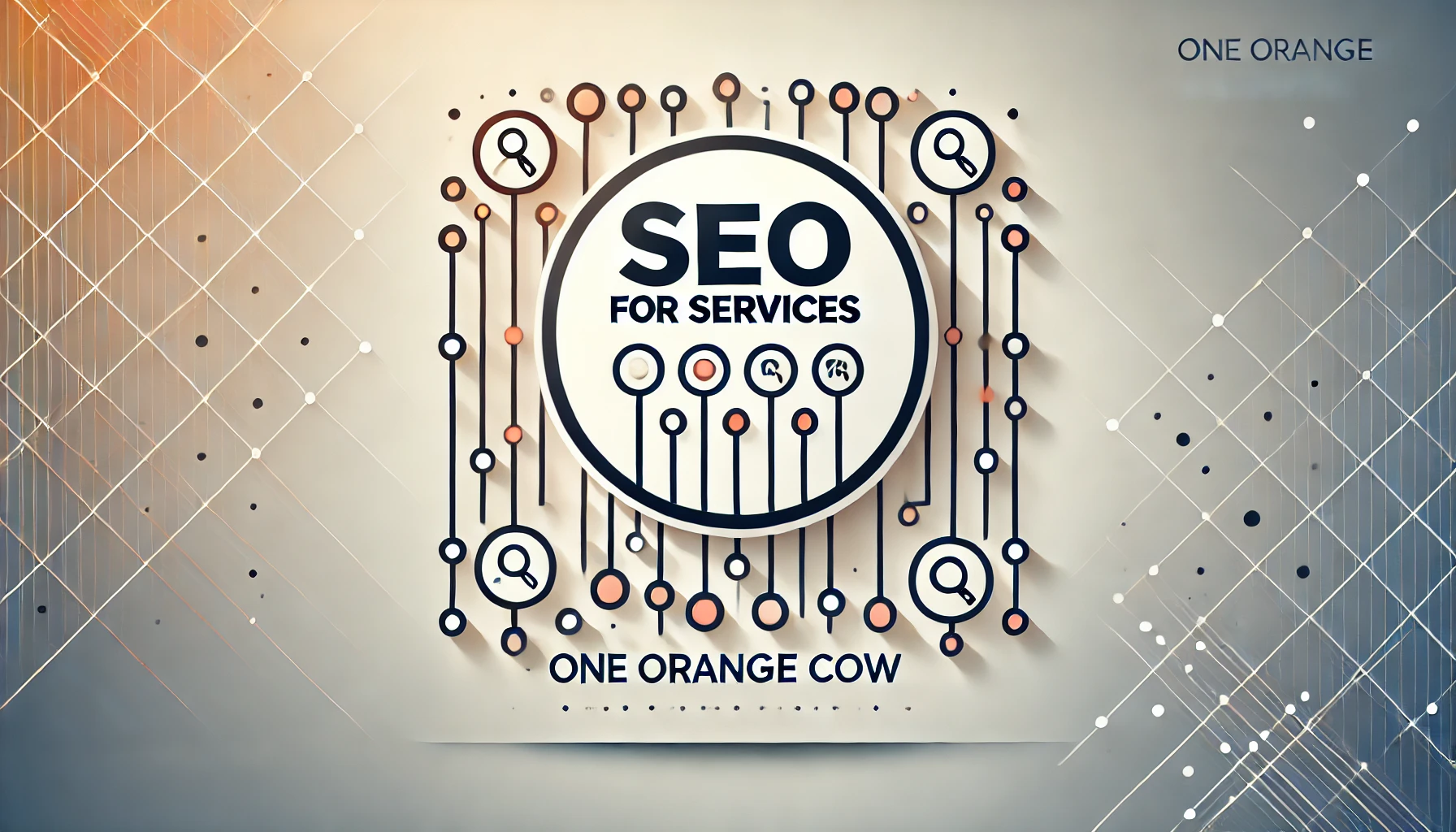Boosting the Visibility of Your Service Pages with Entity-Based and Semantic SEO
By Brendan Byrne Thursday, September 5, 2024

Service-based businesses often face unique challenges in SEO, particularly when it comes to clearly defining and promoting their offerings. By treating services like "Tax Accounting Services Sydney" as entities and applying semantic SEO strategies, you can significantly enhance how these services are represented in search results, leading to greater visibility and more inquiries.
Defining Services as Entities
Just like products, services can be recognised by Google as entities. An entity, in SEO terms, is a uniquely identifiable concept or offering that Google can categorise based on specific attributes. For example, "Tax Accounting Services Sydney" isn’t just a phrase—Google sees it as an entity with distinct characteristics such as service type (tax accounting), location (Sydney), and expertise (business tax returns, financial planning).
How to Know If Your Service Is Recognised as an Entity
Understanding whether your service is recognised as an entity by Google can help shape your SEO strategy. Here’s how you can determine this:
- Google Knowledge Graph: Services that are well-established can sometimes be found in Google’s Knowledge Graph. You can check if your service is part of the Knowledge Graph by searching for it directly, such as "Tax Accounting Services Sydney." If the results include a detailed summary or structured information related to the service, it indicates that Google recognises it as an entity.
- Search Results Features: If your service appears in search results with enhanced features like rich snippets (including details such as service ratings, provider information, or availability), this suggests that Google is categorising your service as an entity. This can often be achieved through implementing structured data (schema markup) on your service pages.
- Google Search Console Insights: Use Google Search Console to track how your service-related keywords perform. If you see consistent impressions and clicks for your service keywords, particularly when those keywords generate rich results or appear in local packs, it may indicate that Google treats your service as an entity.
- SERP Testing: Perform specific searches such as "What is [Service]?" or "Who offers [Service] in [Location]?" If your service appears with detailed information, such as descriptions, related services, or business links, this suggests recognition as an entity.
Why Entity-Based SEO is Important for Services
When your services are clearly defined as entities, it helps Google understand exactly what you offer, how it’s different from competitors, and how it relates to the needs of potential clients. This clarity can lead to better rankings in both local and organic search results, making it easier for potential customers to find your services.
Implementing Schema Markup for Services
Schema markup is essential for defining services as entities. This structured data allows search engines to categorise and display your service offerings more effectively in search results.
Key Aspects of Service Schema Markup
- Service Type: Clearly define the type of service you offer. For example, "tax accounting services" should be explicitly marked up to help Google categorise your offerings accurately.
- Service Area: Specify the geographical areas you serve. For instance, if you provide "Tax Accounting Services Sydney," include this location-specific information in your schema markup.
- Provider Information: Include details about your business as the service provider. Linking your service to your business entity enhances credibility and trust, helping potential clients and Google better understand who is providing the service.
Example: Optimising a Service Page for "Tax Accounting Services Sydney"
Let’s consider how to optimise a service page for "Tax Accounting Services Sydney":
- Schema Markup: Use schema to define the type of service (tax accounting), the location (Sydney), and the key features of your offering (e.g., business tax returns, financial planning). This structured data helps Google categorise your service correctly and display it in relevant search results.
- Local SEO: Enhance your local SEO by linking to relevant local entities, such as "Sydney business community" or "NSW taxation services," to strengthen the association between your service and the region. This can improve your visibility in local search results.
- Service Details: Provide comprehensive details about what the service entails, including case studies, client testimonials, and examples of past projects. This content helps Google understand the depth and quality of your service offerings, further reinforcing its categorisation as an entity.
By defining your services as entities and optimising your content accordingly, you can help Google better understand your offerings and improve your visibility in relevant search results.
Learn More
For a deeper dive into how entities and semantic SEO can boost your service’s visibility, check out this article on the One Orange Cow blog. If you're looking to implement these strategies for your services, our Local SEO services can provide the expertise you need.
